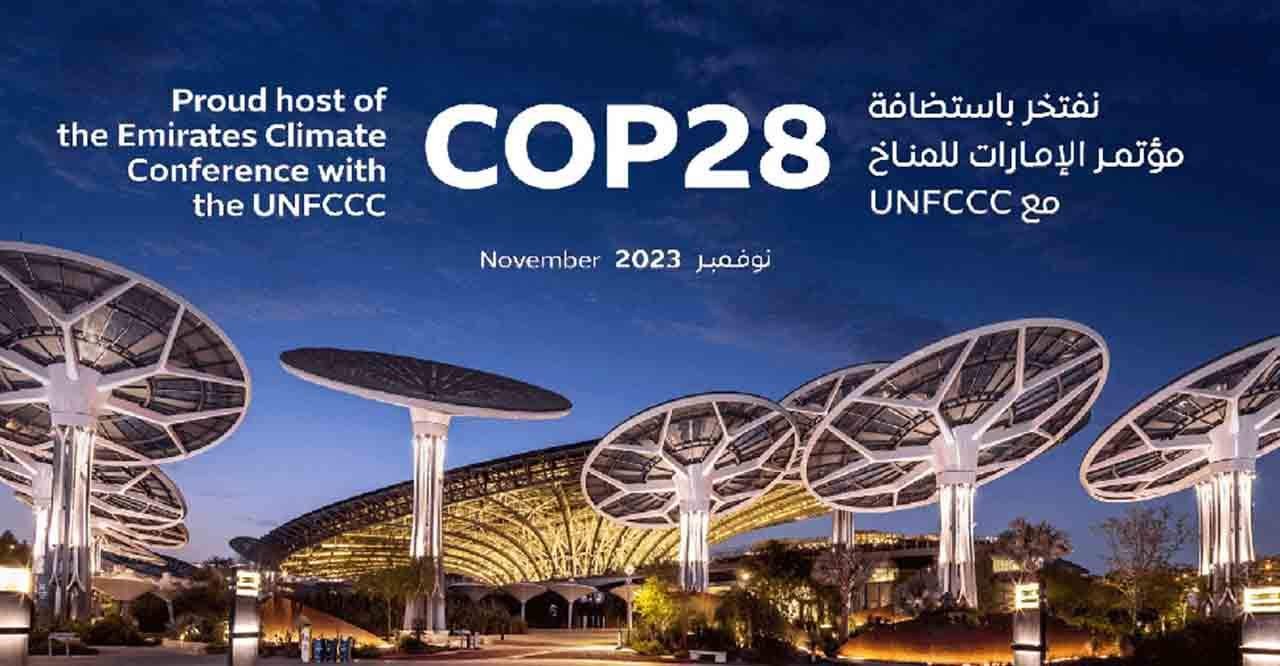 |
| COP28 Conference: Discussing the elimination of fossil fuels in the world's leading oil-producing country - a chance to break the 'taboo'? |
The 28th Conference of the Parties to the United Nations Framework Convention on Climate Change (COP28) opens on November 30 in Dubai, United Arab Emirates. The absence of a counterweight to the fossil fuel lobby at COP28 would be a terrible thing.
These days, many non -governmental organizations (NGOs), especially environmental protection organizations, are increasingly calling for more politicians and leaders of countries to participate, to counterbalance the growing presence of lobbyists and representatives of fossil energy corporations.
COP28 will be an opportunity for parties to raise their voices to protect the most vulnerable populations and remind governments of the urgency of accelerating climate action.
According to figures from the Corporate Responsibility (CA), the European Business Observatory (CEO) and Global Witness (GW), the COP27 conference held in Sharm El-Sheikh (Egypt) recorded a record number of fossil fuel lobbyists. They included 636 people covering all issues from the coal, oil to gas industries. Compared to COP26, this number has increased by 25%.
COP28 will be chaired by Sultan Ahmed Al-Jaber, CEO of Abu Dhabi National Oil Corporation (Adnoc), who is also the UAE's climate envoy.
Despite publicly stating that the world needs a “course correction” to limit global warming, the company run by Mr. Al-Japer continues to invest heavily in fossil fuel development projects like many other oil and gas companies, raising concerns about conflicts of interest regarding the political decisions that must be made at COP28.
From the beginning, the UAE's hosting of COP28 has left many people feeling unconvinced, as it is the world's seventh largest oil producer (as ranked by the US Department of Energy). Its per capita carbon emissions are more than 20.3 tons of CO2 (according to data from the World Bank - WB).
However, it must be recognized that the organization of COP28 in Dubai also brings unprecedented opportunities to break the “taboo” of putting the issue of phasing out fossil fuels on the negotiating table.
This topic has not been discussed in the COP negotiations over the past two years. This is the leading cause of global warming. The International Energy Agency (IEA) has made it clear that any new investment in oil, gas or coal projects is incompatible with the goal of net zero emissions by 2050.
At the Earth Summit in Rio de Janeiro (Brazil) in 1992, the United Nations (UN) established three COPs, including the COP on climate, the COP on biodiversity and the COP on desertification.
These global problems require global responses. The COP on climate is therefore the only space that exists at the international level to address the fight against climate change. It brings together most of the countries around the negotiating table. With a two-week duration, it will be the most important event of the year on climate issues, especially in giving voice to the most vulnerable populations who pay a little more each day for the consequences of inaction.
At the COP, parties are not only discussing reducing greenhouse gas emissions, but also speaking out on a range of other issues, such as environmental debt. Rich countries owe the Global South a debt for their historic greenhouse gas emissions. It is crucial that the Global North shoulder their own responsibility and play a fairer role in reducing emissions and cooperating internationally to repay this debt. By funding climate initiatives, committing to significant reductions in greenhouse gas emissions and responding to loss and damage, the worst impacts of climate, the COP offers real opportunities for change.
COPs are also a useful and necessary space for concrete progress. It was at COP21 in 2015 that the Paris Agreement on climate was agreed by more than 200 countries, setting a common target of limiting global warming to 1.5°C above pre-industrial levels. The agreement requires countries to submit increasingly ambitious climate transition plans.
The COP also led to the creation of a number of climate mechanisms to address the needs of vulnerable countries, such as the Green Climate Fund, or the Loss and Damage Fund – the irreparable damage caused by climate change. The establishment of the Green Climate Fund, set for 2022 at COP27, represents a major victory for climate justice.
Therefore, stakeholders, including governments, politicians, as well as NGOs, need to be aware of their responsibility to strengthen and use the COP space as a lever for climate and social justice, for a world where climate emergency will no longer be synonymous with skepticism but with decisive action.
Source



![[Photo] Students of Binh Minh Primary School enjoy the full moon festival, receiving the joys of childhood](https://vphoto.vietnam.vn/thumb/1200x675/vietnam/resource/IMAGE/2025/10/3/8cf8abef22fe4471be400a818912cb85)
![[Photo] Prime Minister Pham Minh Chinh chairs meeting to deploy overcoming consequences of storm No. 10](https://vphoto.vietnam.vn/thumb/1200x675/vietnam/resource/IMAGE/2025/10/3/544f420dcc844463898fcbef46247d16)



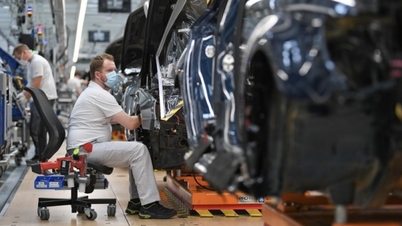





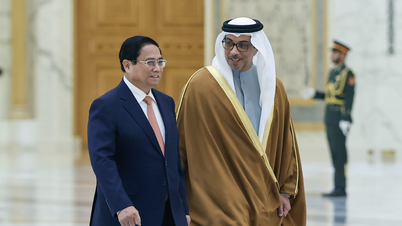






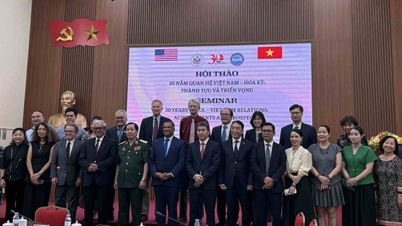
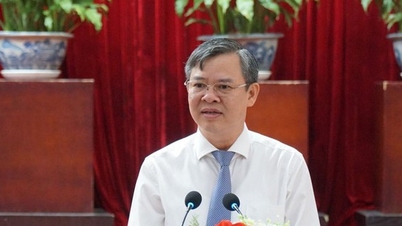

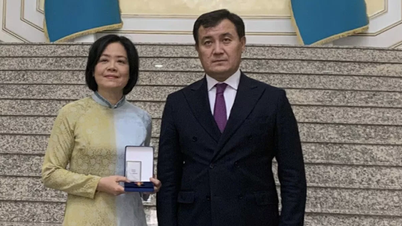
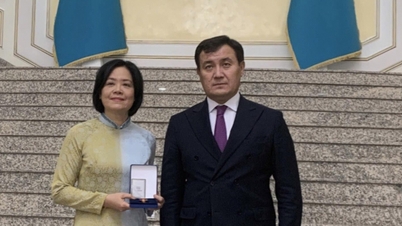





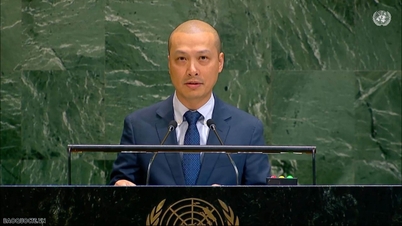

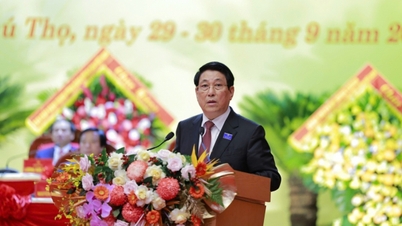
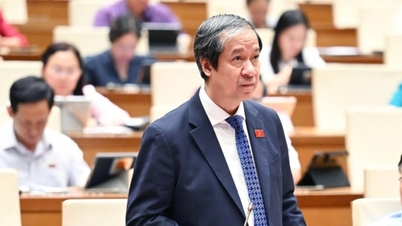















































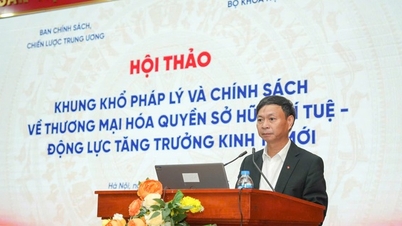





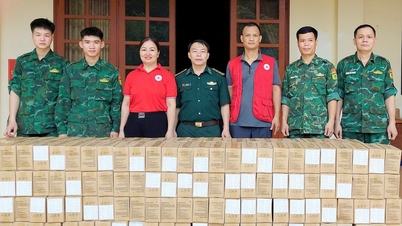





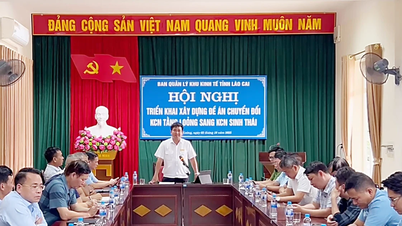












Comment (0)